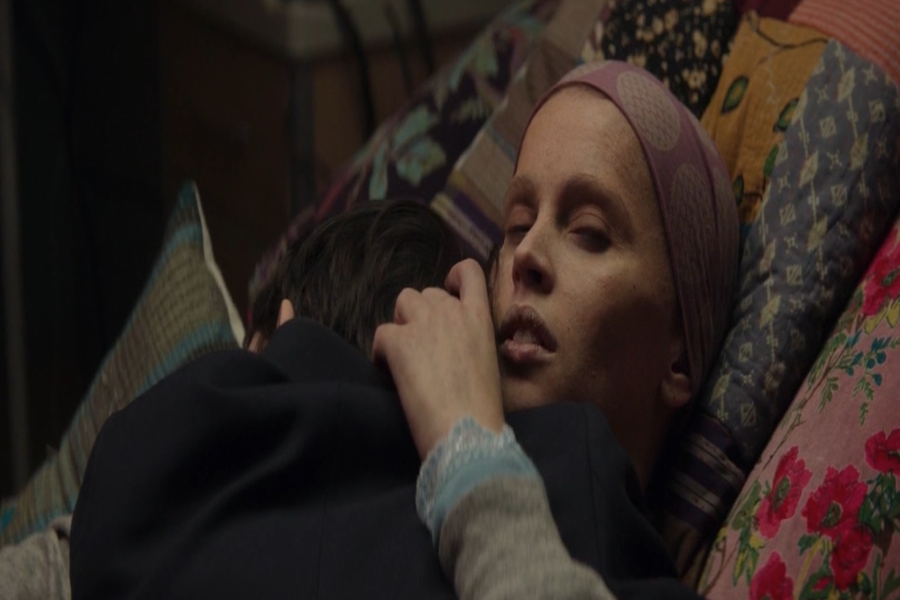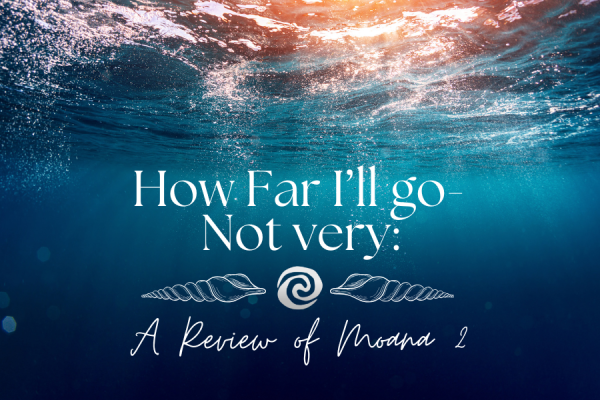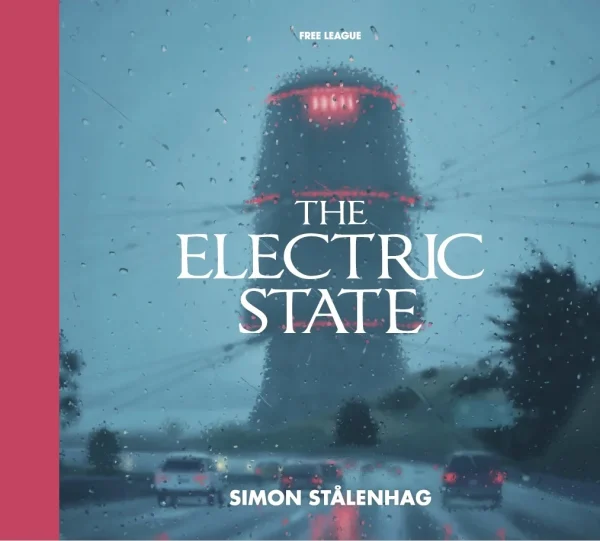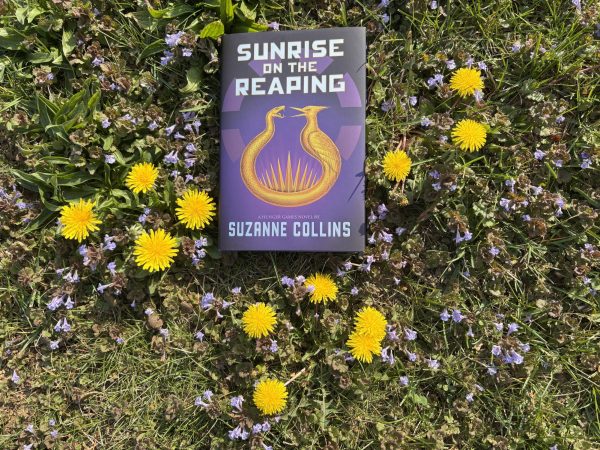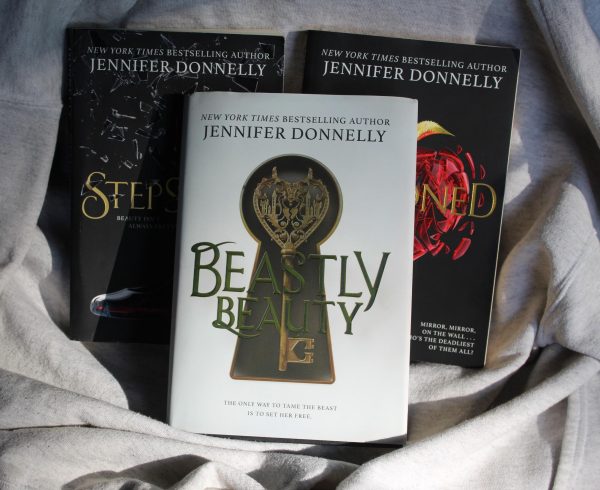‘A Monster Calls’: Letting go doesn’t mean giving up (Review)
A Monster comes walking to help a boy speak his truth. Letting go is not the same as giving up. Actor Felicity Jones in A Monster Calls (2016)
How does a story start? How does it end? Most would say that any story starts with a hero and ends with a happy ending, but in the real world it’s not all that simple.
Most of the time there is no “happily ever after” with the characters riding off into the sunset. In the stories closest to reality, there are no heroes and in the few special cases, there are no villains and the ending is always anticlimactic and filled with the finality of death.
With these thoughts, perhaps there are only “messily ever afters” and ordinary people who make difficult decisions. This is the theme that seems to plague the characters in the movie A Monster Calls. It is the story of a boy too young to slay his dragons (and yet too old to forget them) and a monster made for healing, not haunting.
Originally an award-winning novel written by Patrick Ness, his incredible work has been adapted into a film that premiered in 2016 (currently on Netflix), making fans and first-time viewers speechless. Starring actresses/actors such as Felicity Jones who plays the bedridden mother, Liam Neeson the voice actor of the Monster, Sigourney Weaver as the grandmother and Lewis MacDougall who plays the main character Connor O’malley. While the novel was written for a child’s audience there is no doubt that the film, directed by J. A. Bayona has reached a much larger platform of viewers.
Like the novel, the adaptation starts exactly at 12:07 pm where we are introduced to the true antagonist of the story, Connor’s nightmare, and 12 year old Conner O’Malley himself who seems more adult than child. But before we can get too comfortable, we are hit with another dilemma: his mother who is slowly unraveling, and for Conner, becoming an unrecognizable person due to cancer.
Keeping close to the original plot, the Monster is met during the night after Connor wakes from his nightmare in which he is half dangling off of a cliff, his mother holding his hand about to fall off. He is told that after the telling of four stories the last will be told by Connor himself in which the truth will be spoken and the end of his nightmare revealed. Connor refuses at first but continues to seek out the Monster’s advice through the tales of a witch, an apothecary and an invisible man. Each relating to another character in the story such as his distant father, strict grandmother and the all to infamous bully, the stories respark his hope that his mother will live, but they also question his morals and his ability to see people for who they really are.
“How can a queen be both a good witch and a bad witch? How can a prince be a murderer and a savior?” says the monster (voiced by Liam Neeson). “How can an apothecary be evil-tempered but right-thinking? How can a person be wrong-thinking but good-hearted? How can invisible men make themselves more lonely by being seen?”
However, while these stories provide Connor with a sense of guidance, he still struggles to cope with the everyday effects of living with a cancer patient.
Finally, with a sense of foreboding, Conner is able to speak his truth with mere moments left with his passing mother and minutes left within the movie. Still struck with fear of his hidden truth consuming him, the nightmare becomes all too real as he is forced to live out the dream in real life. True to his word, the monster is there to heal Connor and his mother is there to forgive him when he is finally able to let go of the one person he has been holding onto so dearly the entire film.
Through the unconditional love between a mother and son, A Monster Calls portrays the struggle of death and how to cope when death comes knocking. It highlights how sometimes, as the survivor of death and loss, you may want things to stop. As for Conner, it took something much bigger and meaner than himself to help him see that letting go and wishing for his own suffering to end, does not make you an evil person. And that most of all, it does not mean you are to blame.
As said in the movie, “Your mind will believe confronting lies while also knowing the painful truths that make those lies necessary. And your mind will punish you for believing them.”
Death is something that people assume too many times that it can only be painful for the person passing; it is assumed that the grieving period always happens after the funeral and that after some time, those who are still here will move on.
But loss can begin before the last breath. It can last years after a person is gone and it can almost always affect more than just one person. Death destroys more than it will ever heal, and the shame and guilt people often feel during these times is the shame and guilt put towards their wishes to make the suffering end. The thoughts of “Why me?” and “Why now?” plague the person’s mind until all they can do is try to avoid the struggles at hand.
A Monster Calls is a story that shows that death is an end to most people’s story, but it is not the end-all and that loss can be liberating. And although it’s not admitted often, the story says the truth that too many are scared to; that personal pain has just as much importance as others’ pain, and that indulging in self-protection is not something to be overlooked.
When faced with loss, especially at a young age, most of us don’t know what to do and most of us are not as lucky to have a monster there to help us sort out our emotions and to slay our dragons. But like so much of the movie, A Monster Calls has a meaning so intertwined and subjective, that it shows us that it is okay not to know how to deal with death and with grief. If anything it shows us that it is okay to be angry, to want to be destructive, isolated, and to act out as long as we are there to say goodby and to forgive in the end when the time is up and the last chapter is over.
Before ever hearing about A Monster Calls, I was a stranger to death and sheltered from loss. I always thought that at times when things would go wrong, there was always someone to blame, but perhaps that is not the truth. And sometimes when you wish for something that seems morally wrong, it does not make you a bad guy, but all too human.
Want to help the Herd? Please consider supporting the Periscope program. Your donation will support the student journalists of CHS and allow us to purchase equipment, send students to workshops/camps, and cover our annual website hosting costs.

Natalie is a sophomore at Carlisle High School. This is her first year of being on the Periscope staff. Natalie likes to read and listen to music but she...




























































































